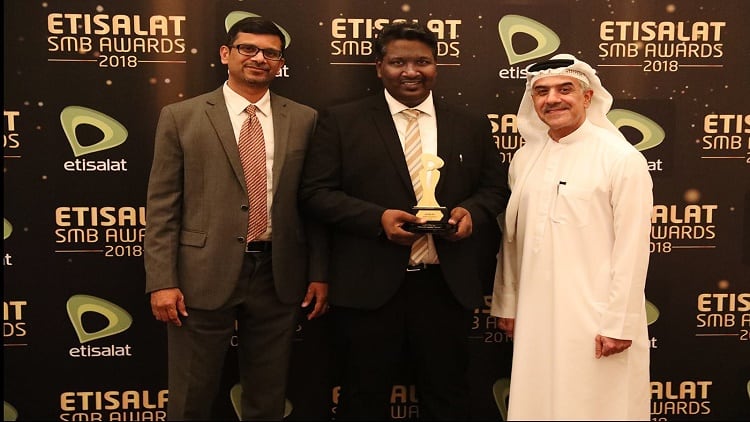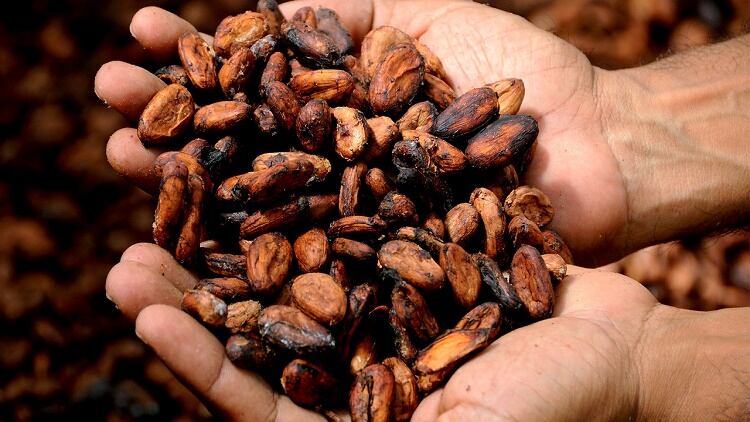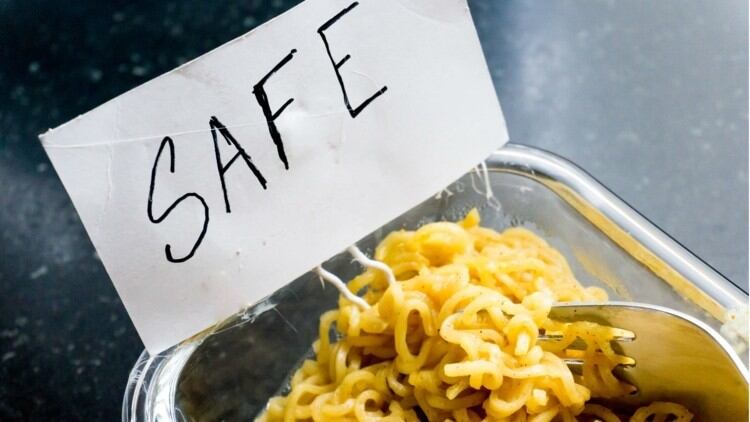The firm, which is working with both UAE and Indian farmers in supplying “source traceable” products to about 4,000 consumers in the UAE, had won the “Startup of the Year” at the inaugural Etisalat SMB Awards 2018 last month. It is also currently on the finalist list of the MIT Enterprise Forum Arab Startup Competition (ASC)'s Social Entrepreneur Track.
Ranging from rice, fruits, vegetables, milk, eggs, oil, millets, and spices, all of the products bear a QR code which provides information on the farming practices and origins of products.
Co-founder PC Kabeer told FoodNavigator-Asia that it started off with serving just 30 customers with a farmer and two products two-and-a-half years ago.
Today, 80 small farmers from India and three from the UAE have come on board to provide nearly 200 different types of products to the consumers, he said.
Most of the fresh produce come from Kerala, the south of India, while the UAE farmers provide nearly 30 products, including dates, eggs, and milk.
Kabeer, who was previously a software engineer, revealed that his idea to provide a “source traceable” supply chain was once considered to be a “foolish idea” by others.
Now, not only is the consumer base growing, there are also consumers who joined him in supporting the farmers.
“Consumers are coming back (to purchase our products) because they can validate the farmers. Now, three of the consumers are even gifting and supporting the farmers, and we are happy to know this,” he said, adding that he considered his business to be a “social enterprise” which connected farmers directly to the market.
Participating farmers need to fulfil a number of criterion, such as not using pesticides, using bio-fertilisers instead of chemical chemicals, before they would be engaged.
At present, the firm conducts surprise inspections once every month to ensure that farmers are abiding by the agreed farming methods. Farmers who failed would drop out from the programme.
Kabeer said he had plans to adopt blockchain to achieve two-way clarity. In this way, consumers can get more information about the supply chain, while farmers can know the number of purchase and forecast production numbers, in turn, reducing wastage.
From farm to fork, he said that the firm oversaw the entire process of collecting the harvest from the farmers, packaging the products, selling and delivering the goods to consumers.
Operations to grow
The firm sells via its online shop and a retail store which started operations in Dubai last January. Expats made up 90% of the consumer base.
On average, it sells one tonne of vegetables and two tonnes of other fresh items per week.
Pre-ordered goods would be delivered within three to five days, depending on the location of the consumers.
Asked the price of his products, he said that “they are higher than the normal products but 30% to 45% cheaper than the organic products.”
For example, for a 500g of Black Kauni Rice costs AED$26.25 (US$7) while a 1kg of Ponni rice costs AED$12 (US$3).
Kabeer revealed that there were plans to bring the business into other parts of the Middle East, including Bahrain, Kuwait, Oman, and Saudi Arabia.
He also intends to work with farmers from Lebanon and Jordan for local produce, such as olive oil, fruits, and nuts.





